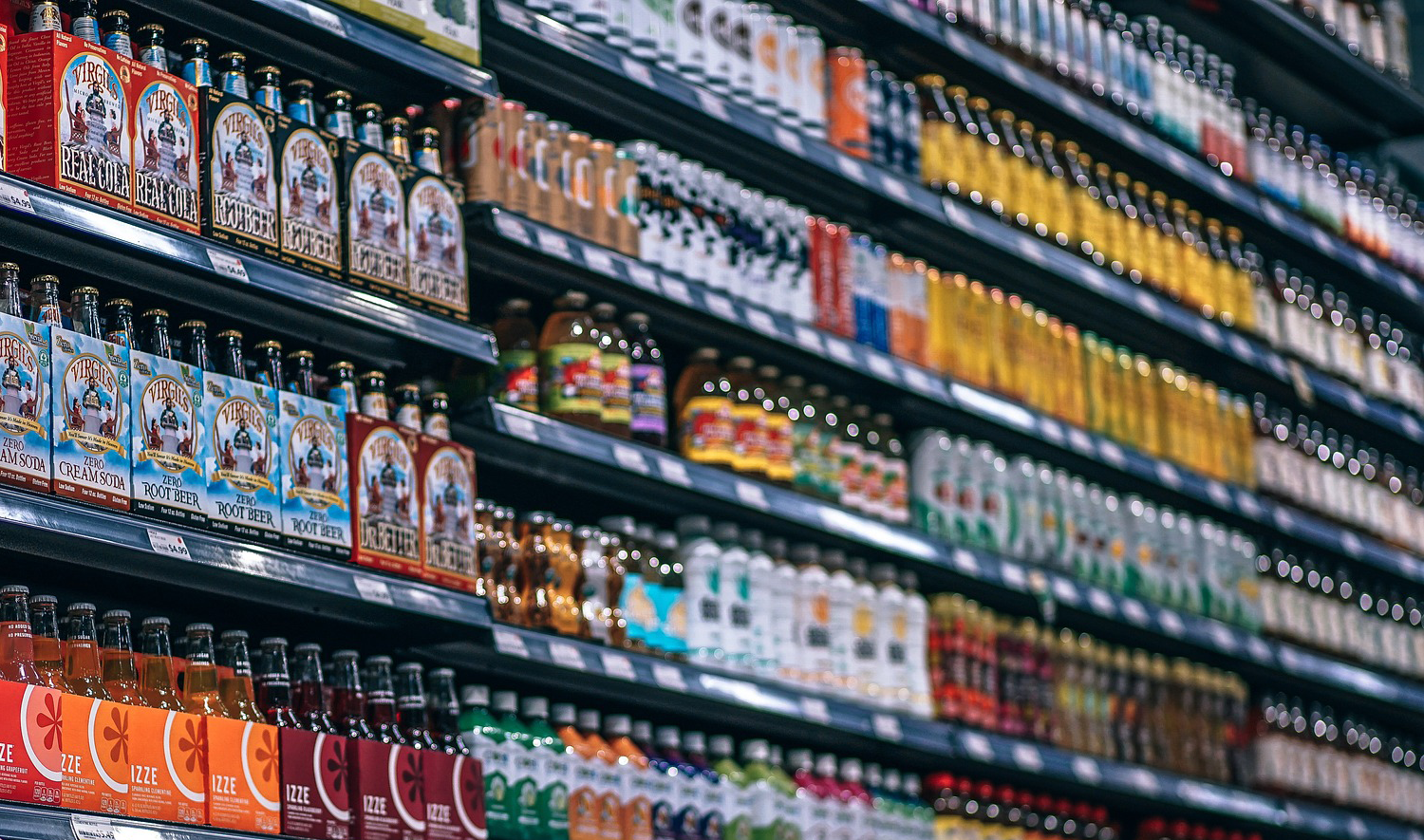Most people assume that big box stores are only for big brands. But in reality, lots of new and emerging brands become household names after they get box store placement. So, how does a small to medium-sized enterprise get into a big box store? Here are five things to have in place before landing your product in a big box store.
Prepare Your Product: Are You Box Store Ready?
You know you have a great product. And it’s important that you know how to show the world how great it is too. The product itself has to be perfect, and so does the packaging, brand design, website presence, photography, and label info. Label information includes not only an ingredient list (if you’re a consumables manufacturer), but it also includes any other pertinent industry standard such as contact info, agency certifications and a Universal Product Code (UPC).
And even the best product in the world will only gain traction if it offers something unique. Scan the shelves of the store where you want to be and ask yourself, “Is there already a product here that does what my product does?” If not, there’s a niche you’re prepared to fill. If so, how can you offer something unique? Offering a product bundle is one way to differentiate your product from others. If you manufacture the world’s best rolling pin but the box stores already stock one, you can offer a package that comes with an apron. Now you’ve made your product more interesting and the bundle simultaneously meets two needs for consumers.
As the old saying goes, never judge a book by its cover, but let’s be real — we all do it. Make sure your product is good, and make sure it looks good too.
Prepare Your Production: Can You Meet Box Store Quantity and Delivery Schedule Demands?
You probably built your business managing inventory and sales data in spreadsheets. In order to level up, ERP technology is the key to unlocking your growth potential. Top notch ERP platforms that offer “What if?” MRP planning tools provide the ability to forecast supply chain and production capabilities. With all of your existing production and sales data, your ERP platform will be able to tell you if you’re capable of scaling up to the next level of fulfillment capacity. Each chain will have its own requirements for order minimums and delivery schedules, so make sure you’re familiar with their conditions and prove that you’re more than capable of meeting those requirements.
Another component of big box store delivery requirements is the other side of that coin: comprehensive recall and return protocol. ERP technology will also provide an advantage with this essential process, as end-to-end traceability and on-demand reporting is built-in to premier cloud-based platforms. Proving your ability to handle deliveries both in and out of your inventory on a big box store scale is paramount for compliance at the next level.
Prepare Your Financials: Is Your Pricing Profitable?
In order to stay competitive and turn a profit, you’ll need to find the sweet spot between staying affordable but not operating at a loss. The general rule of thumb is to establish a manufacturing cost that’s one-fifth of the retail price. This manufacturing cost needs to include not just the cost of parts and labor, but also the cost of packaging, marketing, distribution and any commissions or fees that might be included in the big box store B2B market sector.
Make sure you and your financial team are looking at all angles here, because there is a school of thought that says exposure in a big box store is a long term financial gain even if the product itself isn’t in the black. These are decisions that are made while considering multiple factors based on each manufacturer’s unique industry, niche and long term investment and growth strategy. There’s no one-size-fits all solution, so do your homework.
Prepare Your Pitch: What Are You Saying, How Are You Saying It, And Who's Presenting?
Chances are you know your product the best. But that doesn’t always mean that you’re the best person to make the sales pitch. When scaling up to big box store sales, many SMEs enlist the help of sales reps. These industry professionals are familiar with box store protocol, they have proven methods for pitching new products, and they specialize in co-branding (“New Product A will sell great on your shelf right next to Already Best Selling Product B!”). As an added bonus, sales reps likely have trusted relationships already established with decision makers at trade shows, distribution companies and in big box store front offices.
Lots of business success stories include the common thread of delegation. Derek Hoffman, Head of Operations at Bizzy Cold Brew, recounts, “We say ‘Delegate to elevate!’ and this teamwork mindset really translates to growth.” Getting stuck in a do-it-all-yourself rut rarely translates to a scaling-up success story, so don’t be afraid to admit that someone else can pitch your product as good if not better than you can.
Again, these decisions are based on a variety of factors, so proceed with the methods that are best suited for you. No matter who you choose to present your product, consider the audience, know your product inside and out, and be an expert on competing products where you’ll be placed.
Ready? Set? Go!
You’ve done everything right to prepare for the pitch, and now it’s time to meet with big box store buyers. You (or your rep) have a practiced and perfected pitch, you have samples, marketing materials, and data-driven proof of production and profitability, and now it’s go time.
Be bold, direct and friendly with a follow-up phone call about a week after your meeting. Product placements are often built on relationships, so don’t discount the human element in your sales pitch.


